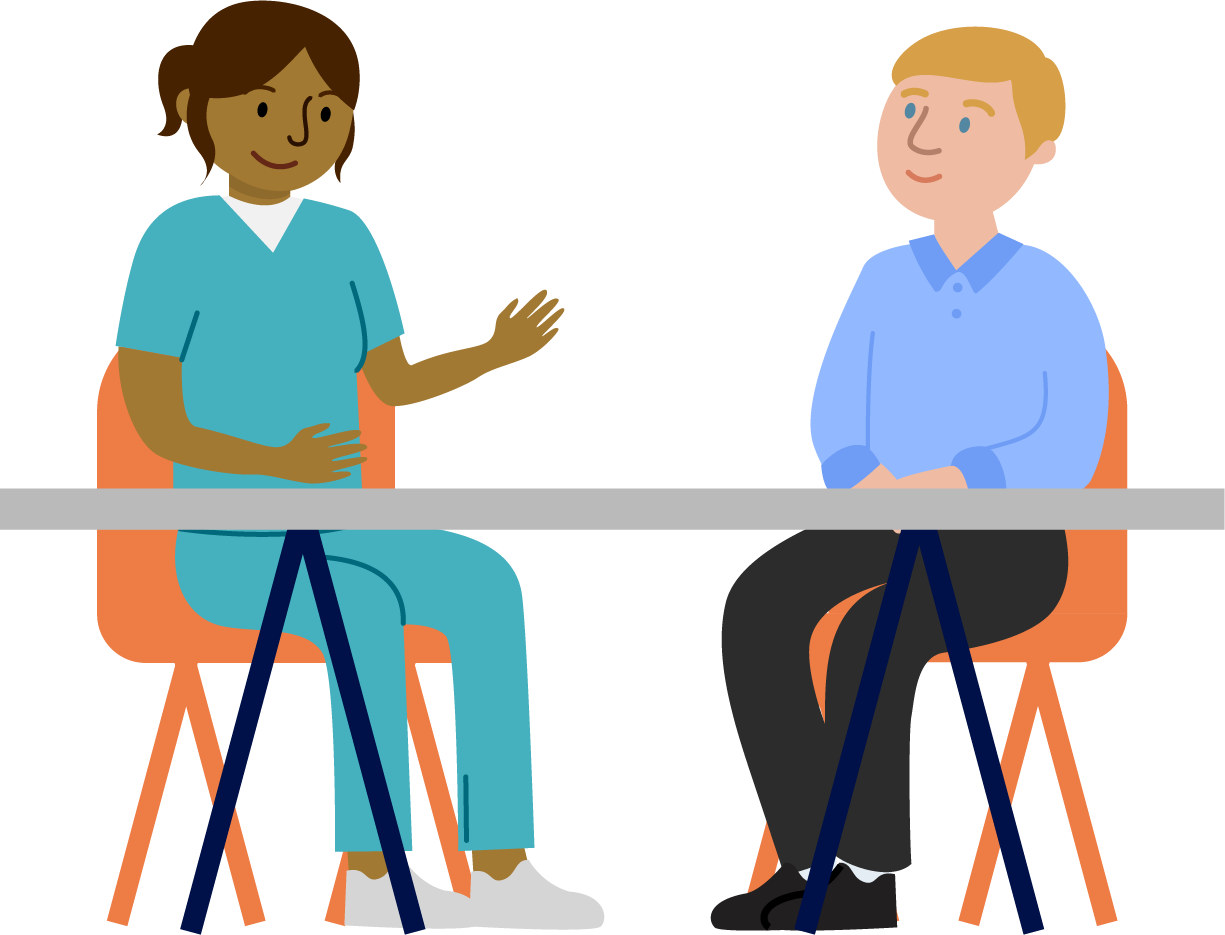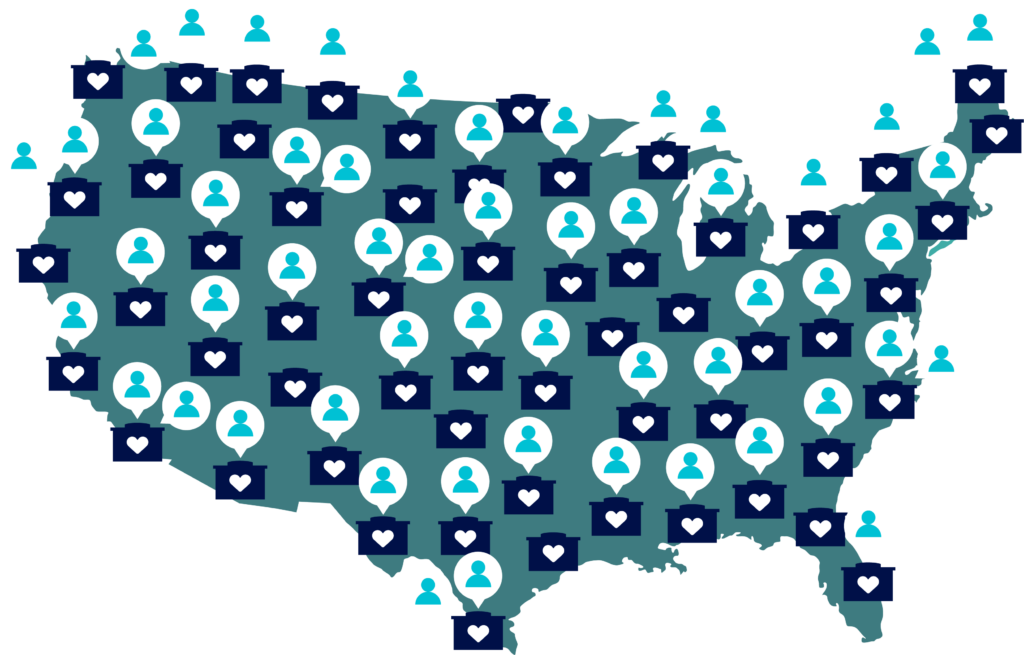93%
of Aledade ACO partners earned shared savings in 2023 (compared to national average of 69%)*
$205K
average Medicare Shared Savings Program (MSSP) revenue earned per ACO partner*
200+
value-based contracts, across traditional Medicare (MSSP), Medicare Advantage, Medicaid and commercial insurance*
Led by physicians like you
Aledade has delivered more than $1 billion in savings over the last decade by giving primary care organizations a business model that they can count on.
Do More Good
A partnership you can trust
With a decade of experience and consistent top-performing ACOs, Aledade is the preferred partner for primary care practices, health centers and clinics.
Best-fit ACO placement and downside risk protection
Aledade offers 100% downside risk protection, using our best-in-class prediction modeling to find the best ACO placement for you, so you can confidently take on more risk for more reward.
Calculate potential revenue
An ACO for you
No matter your practice size or setting, we have an ACO for you. Explore the map to see how Aledade is making a difference in your community.
Find your ACO
*based on PY2023 MSSP results




